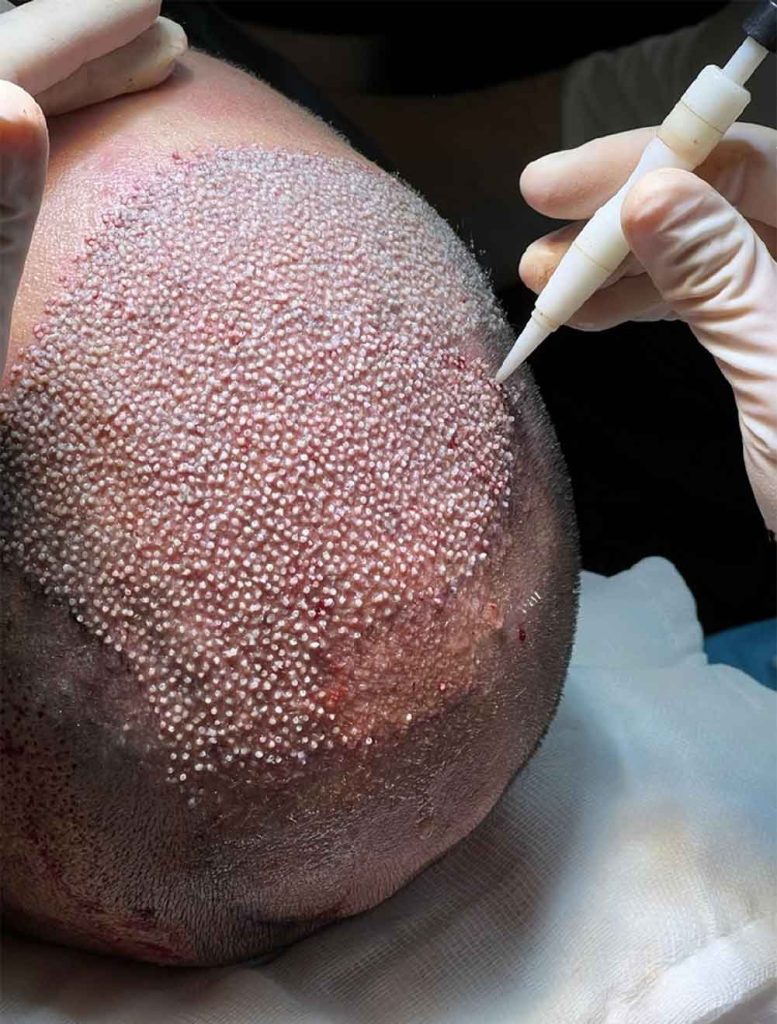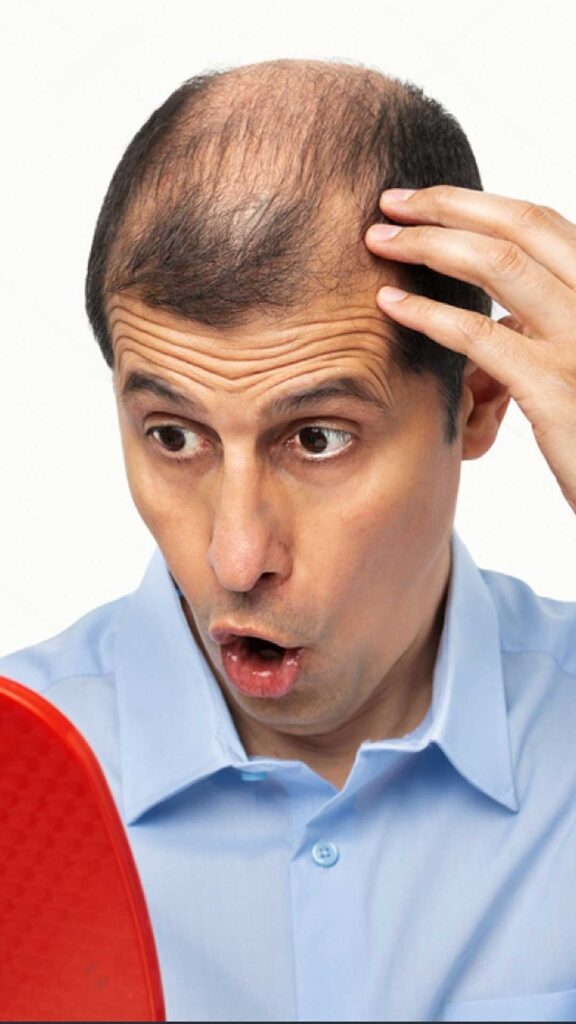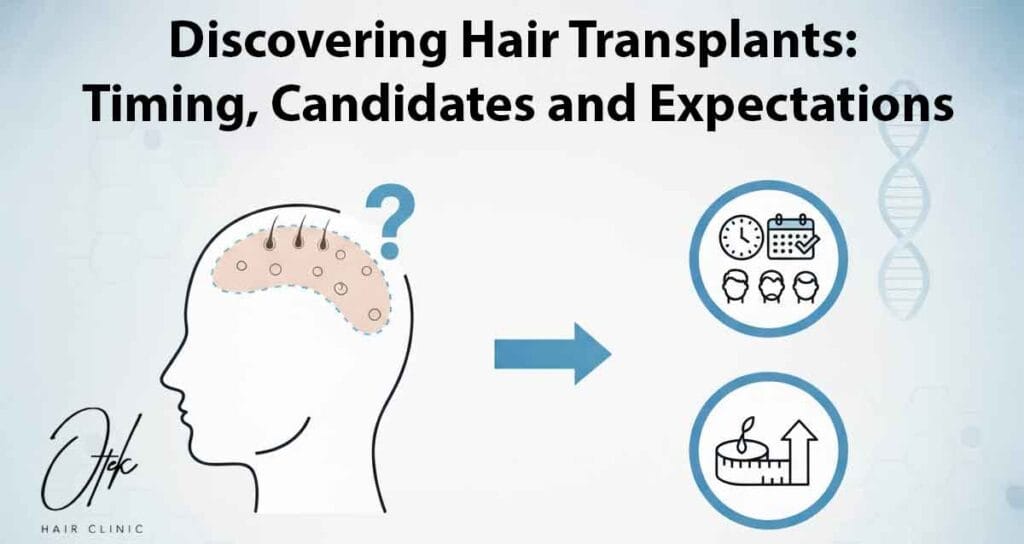
The decision to undergo a hair transplant is a significant one, influenced by various factors including age, hair loss patterns, and expectations. For individuals considering this option, questions about the optimal age, candidacy, potential limitations, and success rates of hair transplants are common. In this article, we will explore these topics to provide a comprehensive understanding of the process.
What Age is Too Late for a Hair Transplant?
The ideal age for a hair transplant depends on the individual’s unique circumstances. While there is no universally defined upper age limit, some considerations come into play. Factors such as the overall health of the patient, the extent of hair loss, and the availability of adequate donor hair all play roles. Advanced age may increase the risk of slower recovery and potential complications. However, with advancements in surgical techniques, even older individuals can achieve successful outcomes.
For this, the experience of the physician is very important. The operation performed under the supervision of a successful and experienced physician gives successful results for individuals of all ages.
Who is Not an Ideal Candidate for a Hair Transplant?
Certain conditions and situations might make individuals less suitable candidates for hair transplants. Individuals with active medical conditions, bleeding disorders, or less donor hair reserves might not be ideal candidates. It’s important to have a thorough consultation with a qualified hair transplant surgeon to assess individual suitability. Additionally, individuals with unrealistic expectations should be cautious, as a hair transplant can improve appearance but might not completely restore a full head of hair.
At What Age Does Hair Loss Typically Stop?
Hair loss is a complex process influenced by genetics, hormones, and lifestyle factors. For most individuals, hair loss stabilizes in their late 20s to early 30s. However, the rate and extent of hair loss can vary widely. It’s advisable to wait until hair loss has stabilized before considering a hair transplant to ensure the longevity of the results.

Can a Hair Transplant Fail?
While modern hair transplant techniques have greatly improved success rates, there are factors that can contribute to less than desired outcomes. Poor surgical planning, inexperienced surgeons, inadequate post-operative care, and unrealistic expectations can lead to suboptimal results. Additionally, not all transplanted hair follicles might survive the transplant process. Patients must carefully select a qualified and experienced surgeon and follow post-operative instructions diligently to maximize the chances of a successful outcome.
Deciding to undergo a hair transplant involves careful consideration of factors such as age, candidacy, hair loss progression, and potential outcomes. There isn’t a strict age limit for hair transplants, but suitability depends on individual factors. Consulting with a skilled hair transplant surgeon is crucial to determine the best course of action. Not everyone is an ideal candidate for the procedure, and understanding the reasons why can help manage expectations. Remember that hair loss tends to stabilize with age, and waiting for this stabilization is prudent before opting for a transplant. While hair transplants can yield impressive results, there is a slight possibility of failure due to various reasons. Diligent research, realistic expectations, and proper aftercare are essential for a successful hair transplant journey.
Call Us Today for FREE Consultations
ASK A QUESTION

